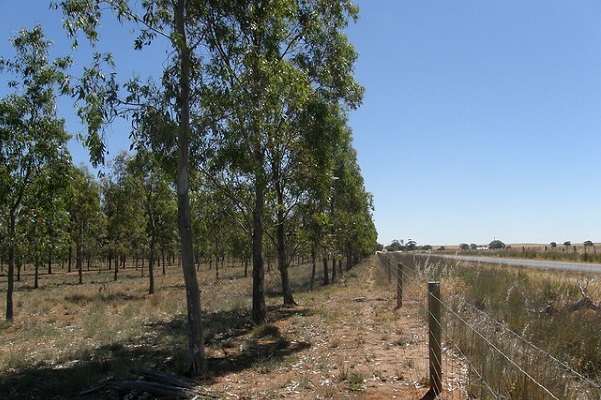Governance of Land-Based Carbon Dioxide Removal in Australia
This project involves an analysis of the physical, scientific and governance issues facing land-based carbon dioxide removal in Australia.

Summary
The recent IPCC report on 1.5°C emphasises that substantial reliance on carbon dioxide removal technologies will almost certainly be required if the 2015 Paris Agreement’s aim of net zero emissions by the latter part of this century is to be met. The extent of atmospheric carbon dioxide removal, or ‘negative emissions’, required will prove a challenge for Parties to the Agreement. LBCDR is regarded as potentially among the more benign of the various technologies for ‘negative emissions’ that might be deployed. It nevertheless also has the potential to generate conflict with food production, biodiversity preservation, and other rural land-based interests and cultural objectives (including Indigenous rights). This potential – both for conflict, and for its avoidance - lies at the heart of this study and of a subsequent more substantial research initiative.
Australia’s emissions trajectory now threatens the achievement of its proclaimed targets for 2030 (targets which will need to be toughened further even before then), increasing pressure to provide buffering technologies and practices. Australia also has, continentally, significant potential as a global LBCDR ‘resource’. These factors in combination are likely to encourage a significant local demand for LBCDR and for its early deployment. Australia is, therefore, an important site for exploring the governance implications of such development.
Aims and Activities
This MSSI-funded seed project will provide the basis for development of an ARC Linkage Grant (or comparable) for submission late in 2019/early in 2020. The larger project - toward which this seed project contributes practically and methodologically - will involve detailed analysis of physical, scientific and governance issues facing land-based carbon dioxide removal (LBCDR) in Australia.
This initial seed project addresses a core research objective of the MSSI Climate Cluster, relating to land-based carbon sequestration. It will initially consider all possible forms of LBCDR but will focus on the governance implications of two ‘technologies’ - changes to forestry practices and to agricultural practices – which are most likely to be central to Australian developments. It will be developed as a pilot study focused mainly on Victoria.
To do so, it will develop interdisciplinary collaboration between scholars in the fields of Political Science, Geography, Forestry, Agricultural Science and Climate Science at UoM. The project will also work consultatively with external researchers at the ANU, and representatives from rural industries and the Victorian Government (predominantly DEWLP).
Project Team
- Associate Professor Peter Christoff, School of Geography
- Kate Dooley, Australian-German Climate-Energy College
- Rebecca Burdon, Director of Engagement, Energy Transition Hub
- Professor Richard Eckard, Director, Primary Industries Climate Changes Research Centre
- Professor Rod Keenan, Ecosystems and Forest Sciences